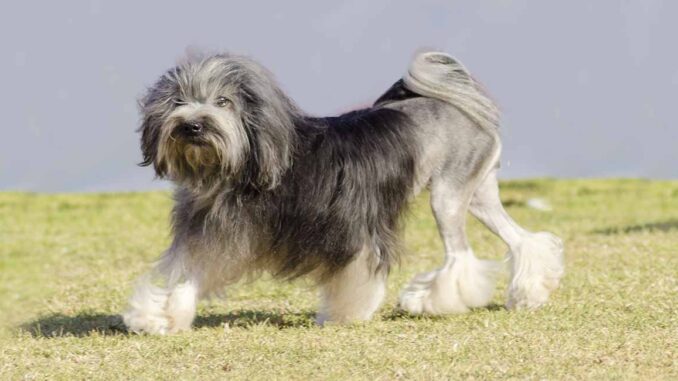
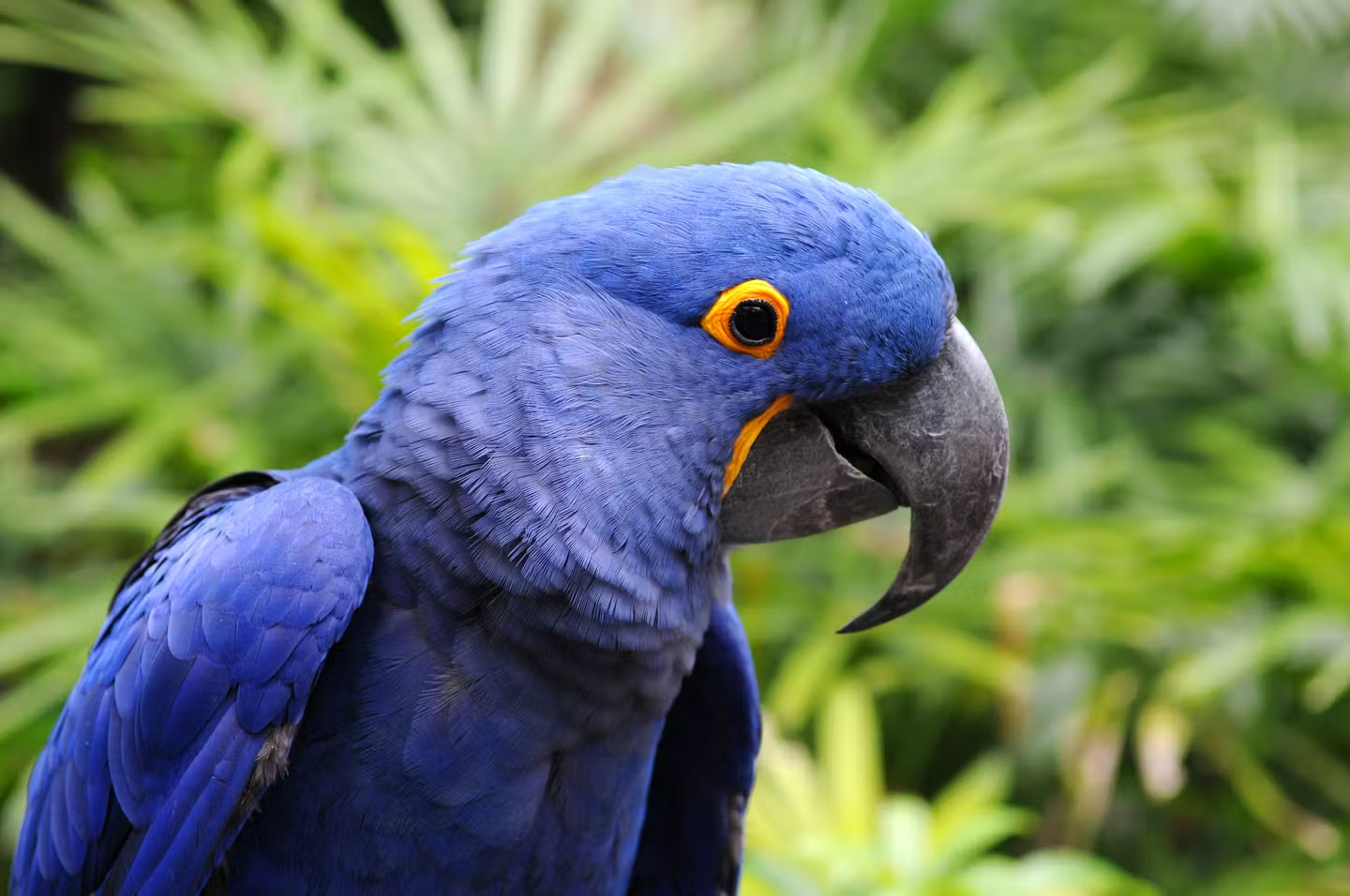

Pet ownership can be satisfying and luxury for some. These exotic and purebred pets are expensive. Here are the top 10 most expensive pets in the world for 2024, demonstrating their rarity and appeal. High-end pets are diverse and fascinating, with each species on this list having a rare genetic characteristic, historical status, or amazing beauty. For those who can afford these high prices, acquiring one of these rare pets is a luxury. Remember that any pet, regardless of price, requires care and attention.
List Of Top 10 Most Expensive Pets In The World 2024 Price
1. Tibetan Mastiff – $582,000.
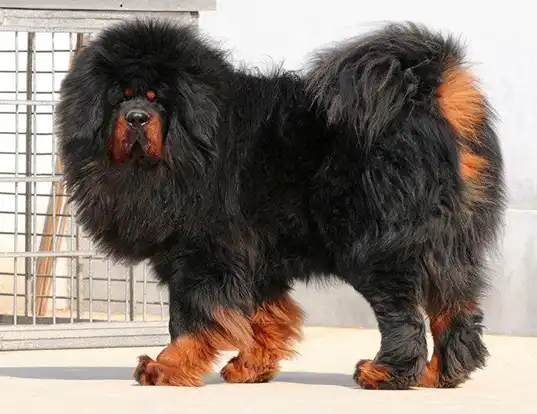

The Tibetan Mastiff, which is considered to be a behemoth among dog breeds, has a history that is just as interesting and spectacular as its size. These devoted friends have their roots in the Tibetan Plateau, where they have been bred for thousands of years to protect cattle and homesteads from the harsh environment of the Himalayas. The Tibetan Mastiff is a faithful family protector because it still possesses its protective instincts, even in modern times that are still present. The Tibetan Mastiff is a large Tibetan dog breed.
2. Savannah Cats – $4,000-$10,000.
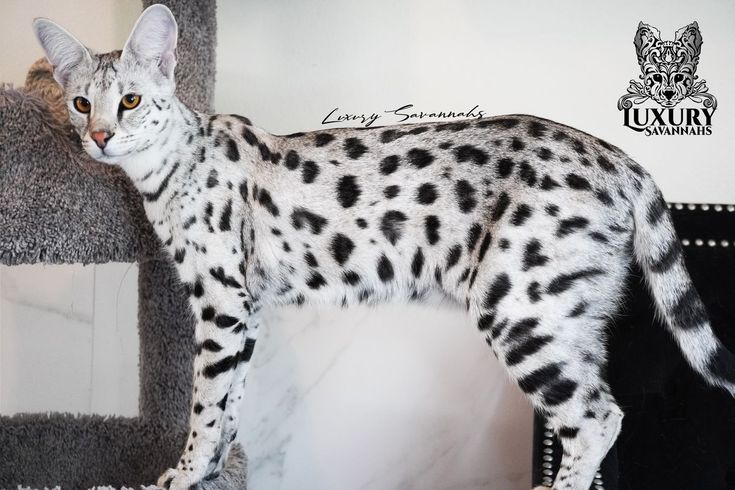

The African serval, a wild cat indigenous to the savannas, and a domestic cat were crossed to create the eye-catching hybrid known as the Savannah cat. The Savannah’s vibrant personality and exotic appearance are a result of this distinct ancestry. Savannahs are distinguished by their remarkable characteristics. Their graceful movement is attributed to their towering stature and slender necks and legs. They draw attention right away with their big, pointed ears and spotted coat, which are evocative of their untamed forebears. The coat itself is available in a range of hues and designs, such as silver, black smoke, and brown spotted tabby.
3. Hyacinth Macaw – $12,000


Soaring across South American rainforests, the hyacinth macaw is stunning. This parrot is the world’s largest flying parrot due to its bright plumage and remarkable wingspan. The hyacinth macaw is appealing due to its deep brain and social behavior, despite its regal appearance. The hyacinth macaw is stunning. Its feathers are uniformly cobalt blue, shimmering. Bright yellow accents around the eyes and beak give the appearance of a constant smile. These majestic birds can grow 3 feet (1 meter) long and 5 feet (1.5 meters) wide, making them very impressive.
4. Lavender Albino Ball Python – $40,000.
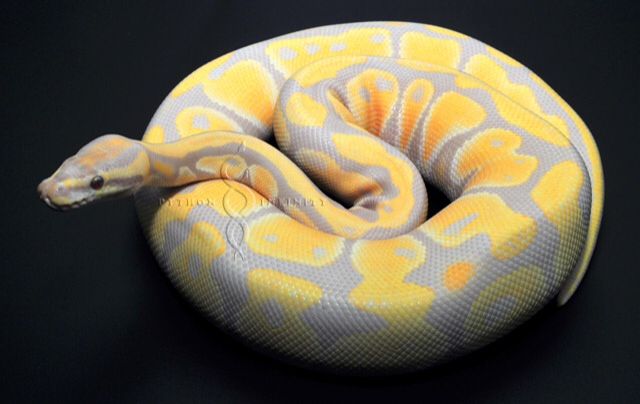

With its placid nature and stunning color changes, the ball python’s Lavender Albino is mesmerizing. Reptile aficionados love this rare albino morph because it reimagines the ball python look. The purple Albino glitters purple instead of white like the ordinary albino ball python. This foundation hue increases with maturity, providing a captivating impression. The Lavender Albino’s yellows become brighter and clearer, standing out against the lavender background. The snake looks deeper and more vibrant with this contrast.
5. Arabian horse – $130,000.
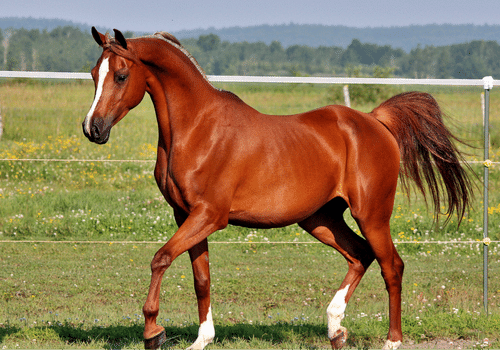

Arabian horses, with their dished faces and high-carried tails, are among the oldest and most famous horse breeds. The harsh Arabian Peninsula produced these beautiful, intelligent, and athletic horses. Bedouin tribes nurtured Arabian horses for ages to survive the desert. Their small build gives them power and agility, while their endurance lets them go far with little water. The breed was known for its elegance and grandeur, with its arching neck, dished face, and wide, expressive eyes. The Arabian or Arab horse is a breed of horse with historic roots on the Arabian Peninsula.
6. Capuchin monkeys – $5,000 to $8,500
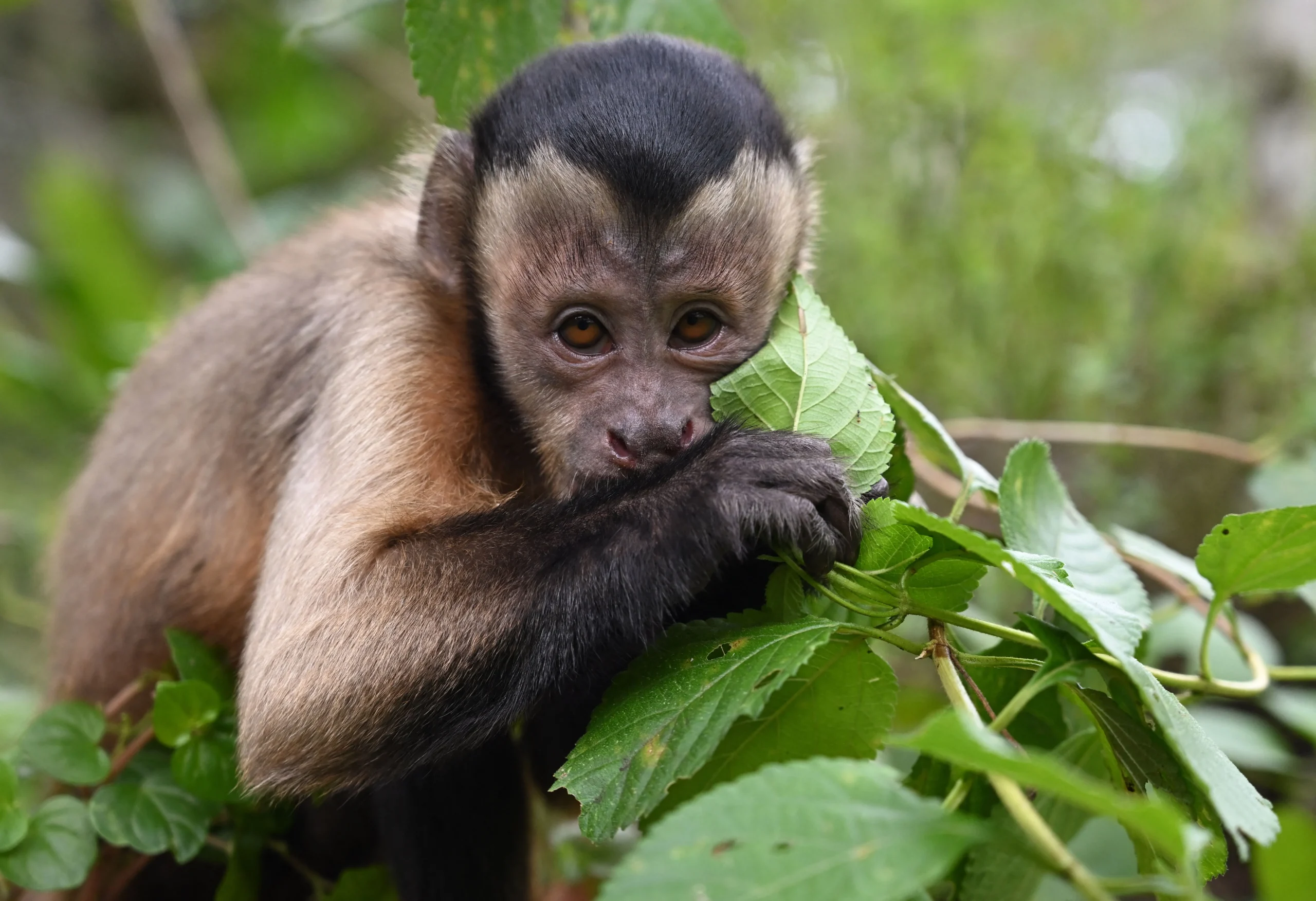

These clever eyes and naughty grins make capuchin monkeys some of the most fascinating primates. These social Central and South American monkeys are the sharpest New World monkeys, known for their problem-solving and tool use. Capuchins live in deep jungles from Nicaragua to northern Argentina. Arboreal species, they thrive on swinging through the trees. Their prehensile tails operate as a fifth limb, enabling agile rainforest canopy navigation.
7. Löwchen – $12,000
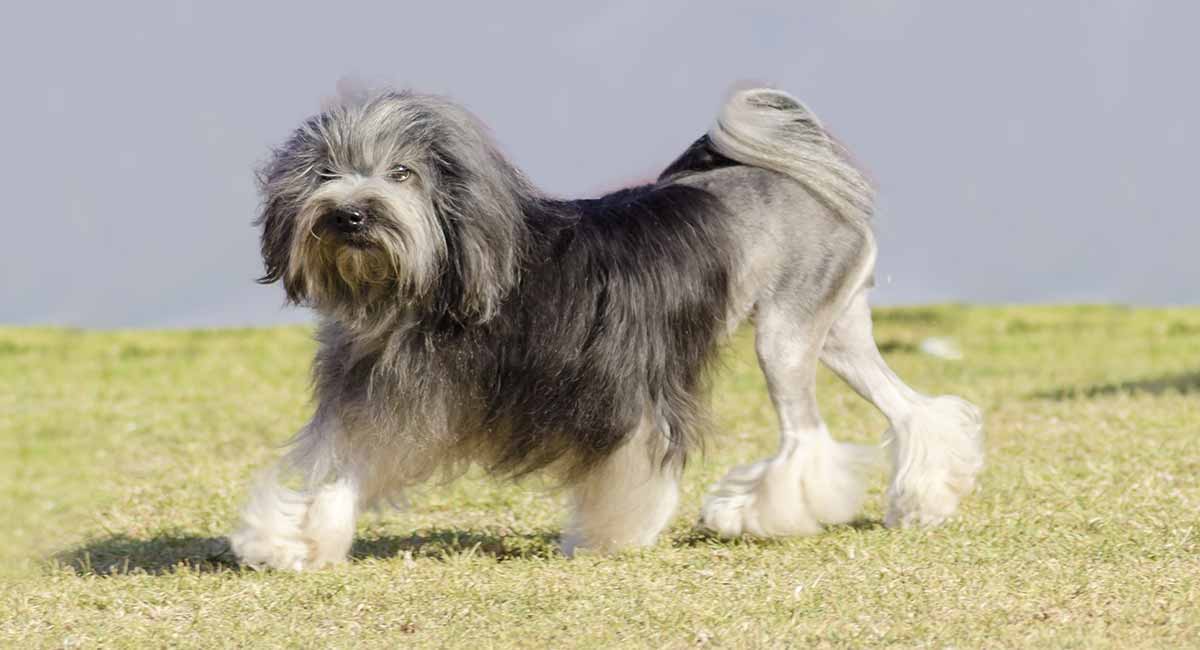

The Löwchen, or “Little Lion Dog,” is a friendly, playful companion dog with a long history. These little dogs, possibly from France, were treasured by royalty for their likeness to miniature lions. The Löwchen’s devoted and affectionate nature in a little package makes it a compelling breed. The Löwchen’s luxuriant coat is its most noticeable trait. A “lion clip,” where the body is shaved close except for a tail plume and head and shoulder mane, is the traditional coat style. This makes the breed look like a tiny lion, hence its name. Black, white, cream, chocolate, and brindle patterns are available for the coat.
8. Micropigs – $50 to $6,000
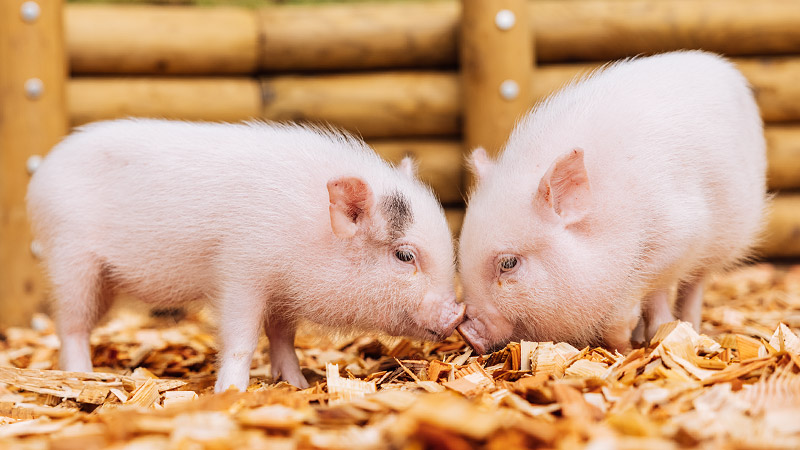

The name “micropig” inspires pictures of cute, tiny pigs living happily at home. However, micropigs are controversial. Before you adopt micropigs, let’s examine their actuality. There’s no recognized micropig breed. Pigs selectively bred to be smaller than farm pigs are called this. Pot-bellied pigs, Kunekune pigs, and sometimes wild boar are mixed in selective breeding.
9. Rare Stag Beetle – $89,000.
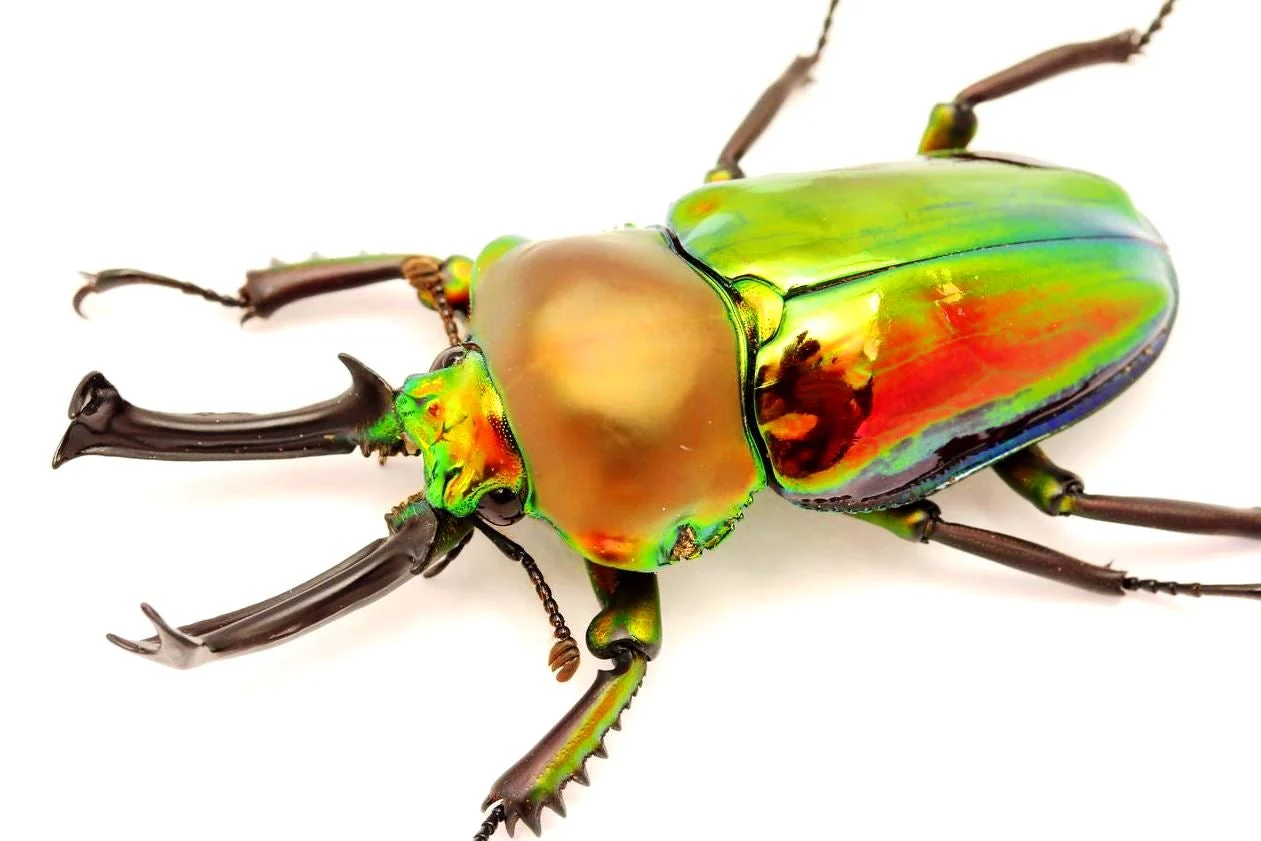

Stag beetles are fascinating insects because of their remarkable mandibles, which resemble a stag’s antlers. Nonetheless, a few species in this broad family are unique in that they are considered rare. Curiosity and a desire to learn more about the fascinating world of stag beetles are piqued by these enigmatic creatures. The phrase “rare stag beetle” refers to any of the more than 1,200 species that make up the Lucanidae family. Numerous elements contribute to rarity, including as limited geographic ranges, specialized environmental requirements, and habitat destruction.
10. White lion cubs – $140,000


White lion babies are rare in the African savanna, where grasslands are golden and lions are tawny. These ghostly guardians, born with a rare genetic abnormality, captivate and motivate lion conservation. A recessive trait called leucism gives lion cubs their white coats. This gene causes light fur and startling amber or blue eyes by reducing body pigmentation. White lion children are rare because both parents must inherit the leucism gene.